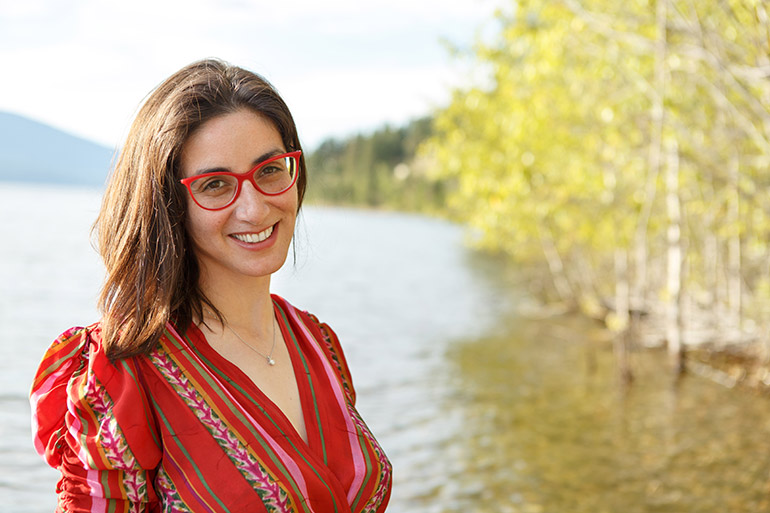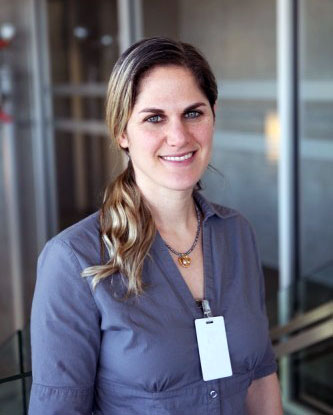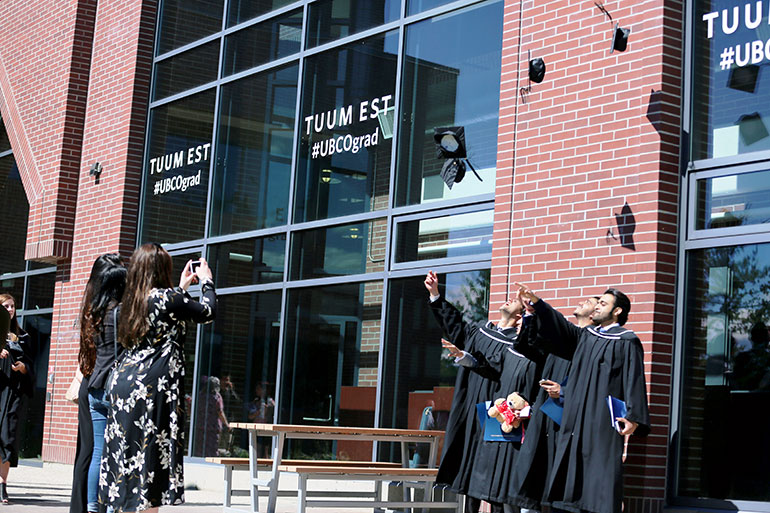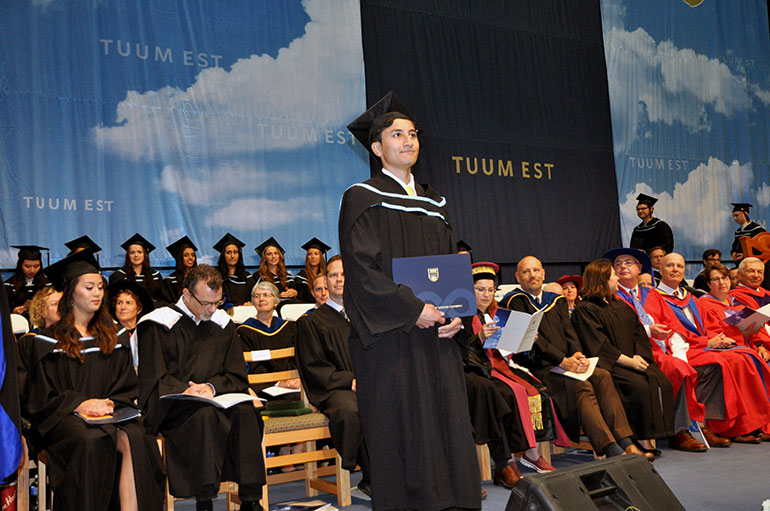Researchers say there is no consistent way to evaluate the quality of care
New research is proposing a novel screening tool to assess the quality of care in kinship foster care placement settings.
Kinship caregiving—placing a child in a relative’s home if the child cannot safely stay in the family home—is becoming more common and is a preferred option for children, says UBC Okanagan Assistant Professor Sarah Dow-Fleisner.
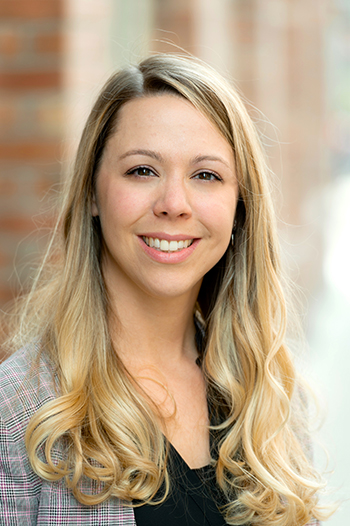
Sarah Dow-Fleisner, assistant professor of social work.
The study, originally conducted at the Children and Family Research Center as part of the University of Illinois School of Social Work, was reanalyzed by UBCO student Kathrine Stene as part of an honours thesis in psychology and completed by researchers at UBCO’s Centre for the Study of Services to Children and Families.
While it seems to make sense to keep a child with a relative, Dow-Fleisner says there are no clear screening tools for agencies to use that address the unique circumstance of kinship caregiving—which is in stark contrast to the tools available when screening voluntary non-relative foster caregivers.
“Kinship care can be an informal or formal placement arranged between individuals related to the youth, either biologically, culturally or legally through marriage,” says Dow-Fleisner, who teaches in the School of Social Work. “And while this placement type is preferred as it maintains family connection and cultural ties for the child, there are no standardized and validated measures available to evaluate the quality of care available in those unique placements.”
The problem, according to Susan Wells, professor emerita of psychology and social work and principal investigator of the original project, is that there is very little research examining the measurement of quality of care within kinship placement settings.
“We need the development of a scale for assessing the quality of care in a kinship setting and also explore to see if such a tool would work consistently,” says Wells. “Considering the differences between kinship and traditional foster care placements it is necessary that a standardized measure of quality of care be available for use in a kinship care setting.”
To address the problem, researchers conducted focus groups with caregivers, children and caseworkers and then extensively reviewed the literature to develop a tool to measure the quality of care unique to kinship settings. The final tool includes 36 items that fall into five key criteria for kinship settings, including the caregiver’s capacity to meet the child’s needs, their commitment and acceptance of foster caregiving, their social functioning, their ability to protect the child from maltreatment and neighbourhood support.
Each aspect has the potential to provide insight into interventions and supports to improve the quality of care.
“This measure has the potential to be utilized by child protection workers as part of the initial assessment for placement in kinship settings and for ongoing screening, and could be used in conjunction with other screening tools,” Dow-Fleisner says. “By using these measures together, caseworkers may be able to determine which services, or lack thereof, impact the quality of care provided for children in kinship placements.”
The research, published recently in the Children and Youth Services Review, was conducted through the Centre for the Study of Services to Children and Families, which is funded by the Canada Foundation for Innovation. For more about the centre, visit: csscf.ok.ubc.ca
About UBC's Okanagan campus
UBC’s Okanagan campus is an innovative hub for research and learning founded in 2005 in partnership with local Indigenous peoples, the Syilx Okanagan Nation, in whose territory the campus resides. As part of UBC—ranked among the world’s top 20 public universities—the Okanagan campus combines a globally recognized UBC education with a tight-knit and entrepreneurial community that welcomes students and faculty from around the world in British Columbia’s stunning Okanagan Valley.
To find out more, visit: ok.ubc.ca

